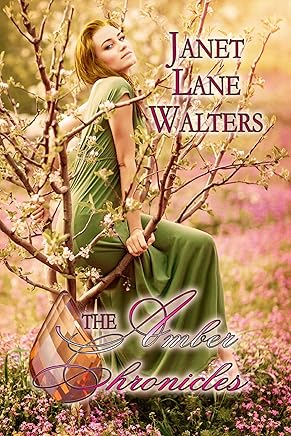 |
| Click here to purchase! |
Books We Love LTD recently rereleased an extended second edition of Banff and, of course, I dug right into it. I loved it all over again.
The title refers to a myriad of "brides" of varying social and economic fortunes, a sort-of "brideacopia" of Downton Abbey-styled colorful characters. There's Fliss, a poor, sad maid at the ritzy Banff Springs Hotel in Canada, who's married to a bellhop, but has to keep their unity a secret in order to maintain her job; on the flip side, there's Burma, a brassy, sassy spoiled brat of a socialite who's engaged to a truly cretinous gold-digger; hey, how about the mysterious ghost bride who haunts the Banff Springs Hotel?; finally--and best of all--there's the heroine, Tilly, a down-on-her-luck poor girl who begins her backbreaking duties as a maid at the hotel while maintaining a never give in attitude and upbeat spirits. She's also being pursued by amorous trail guide, Ryan, but holds her own.
I'm certain you'll agree after checking out the following excerpt:
* * *
To Tilly, it was the loveliest evening of her life. Just before Ryan left her, he chucked her on the chin, and she smiled up at him.
“I’ll see you tomorrow,” he said. “Wear pants if you’ve got them. I’m taking you trail riding.” Tilly choked back a groan. There it was again, that proprietary streak that gave Ryan his take-charge attitude. It might work for guides and packers, but it sure wasn’t going to work for her.
She fisted her hands on her hips. “I’m going to marry you. I’m going to take you riding,” Tilly said. “Doesn’t it ever cross your mind that a girl might like to be asked what she wants?”
Ryan looked at her in mild astonishment. “Don’t you want to go riding?”
“That’s not the point,” Tilly sputtered. “Why can’t you just ask me, instead of telling me? I do have an opinion of my own you know.”
His easy-going shrug infuriated her even more. “All right. Would you like to go trail riding with me tomorrow?”
“Thank you.” Tilly tilted her chin up as she glared at him. “I would very much like to go riding with you. And I do have pants and boots.”
“Hmm.” He appeared to be considering her response. The gleam of humour in his eyes put her on edge and she looked up at him warily, waiting for the comeback she knew would trip off his tongue. “So, if you’re coming with me anyway,” he said, “why make all that fuss? Why not just say okay?”
“Because you can’t just take it for granted that I’ll fall in with your plans.” Tilly pulled away from him. “What if I’d wanted to do something else?”
“Do you?”
“Ryan!” She threw up her hands in despair. “I can see that arguing with you will be like trying to catch a cloud.”
“Don’t waste your time then.” He kissed the tip of her nose, wished her goodnight, and walked off leaving her laughing.
* * *
I adore the character of Tilly. And I think that's the secret to the book's success. Hands down, she's one of the best heroines I've come across lately in fiction. She puts the pluck in plucky. But the other characters are just as vividly drawn by Ms. Chatham's exquisite prose. And did I mention there's a ghost story involved? Something for everyone. Hey, if this ol' persnickety codger fell for the book's charms, ANYONE can.
I give it 5 enthusiastic thumbs (or...um, something like that)!
Check into the lovely Banff Springs Hotel today. Tell 'em I sent you.
 |
| Book your reservations now! |











































.jpg)






